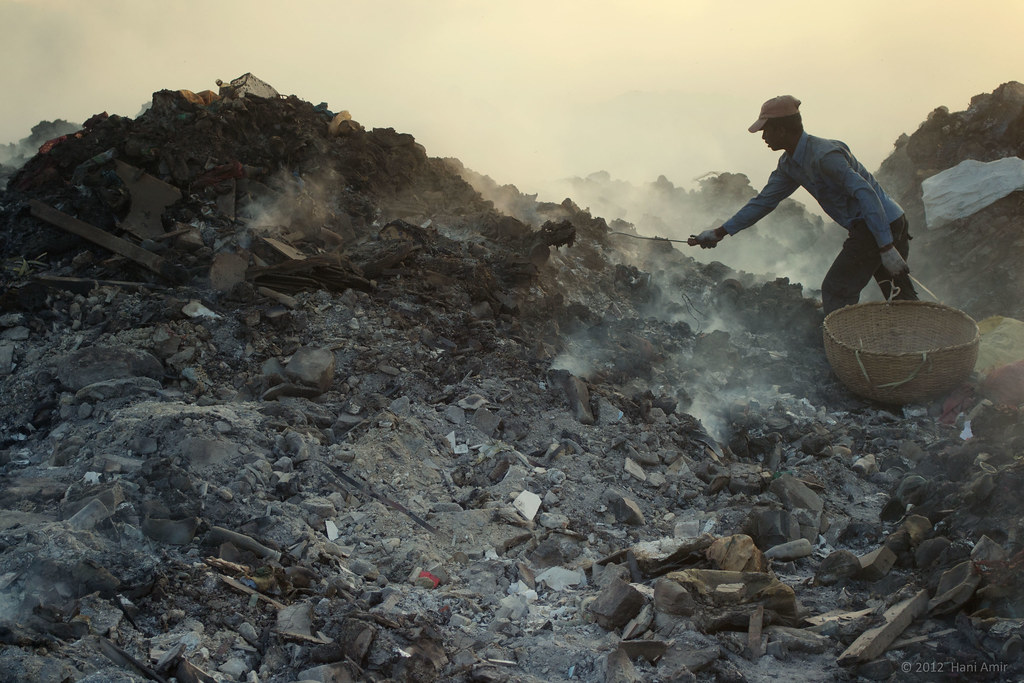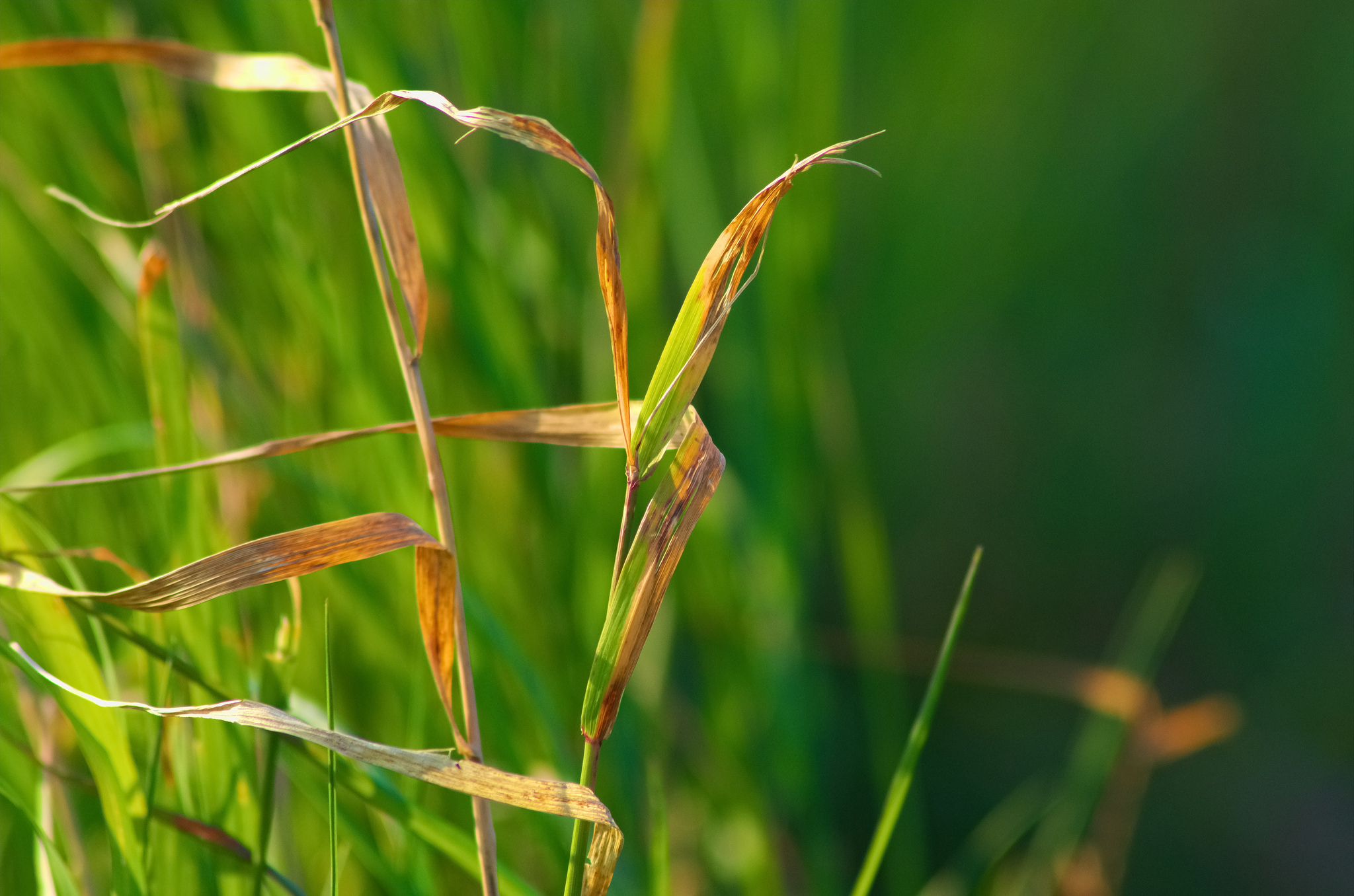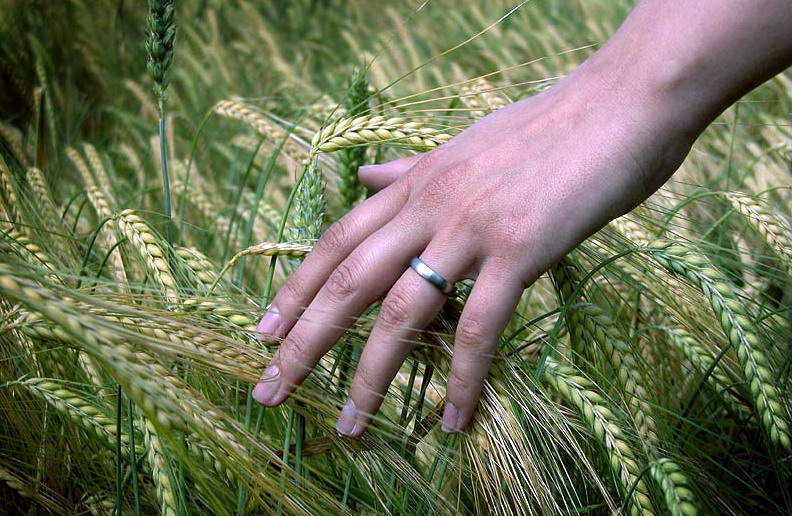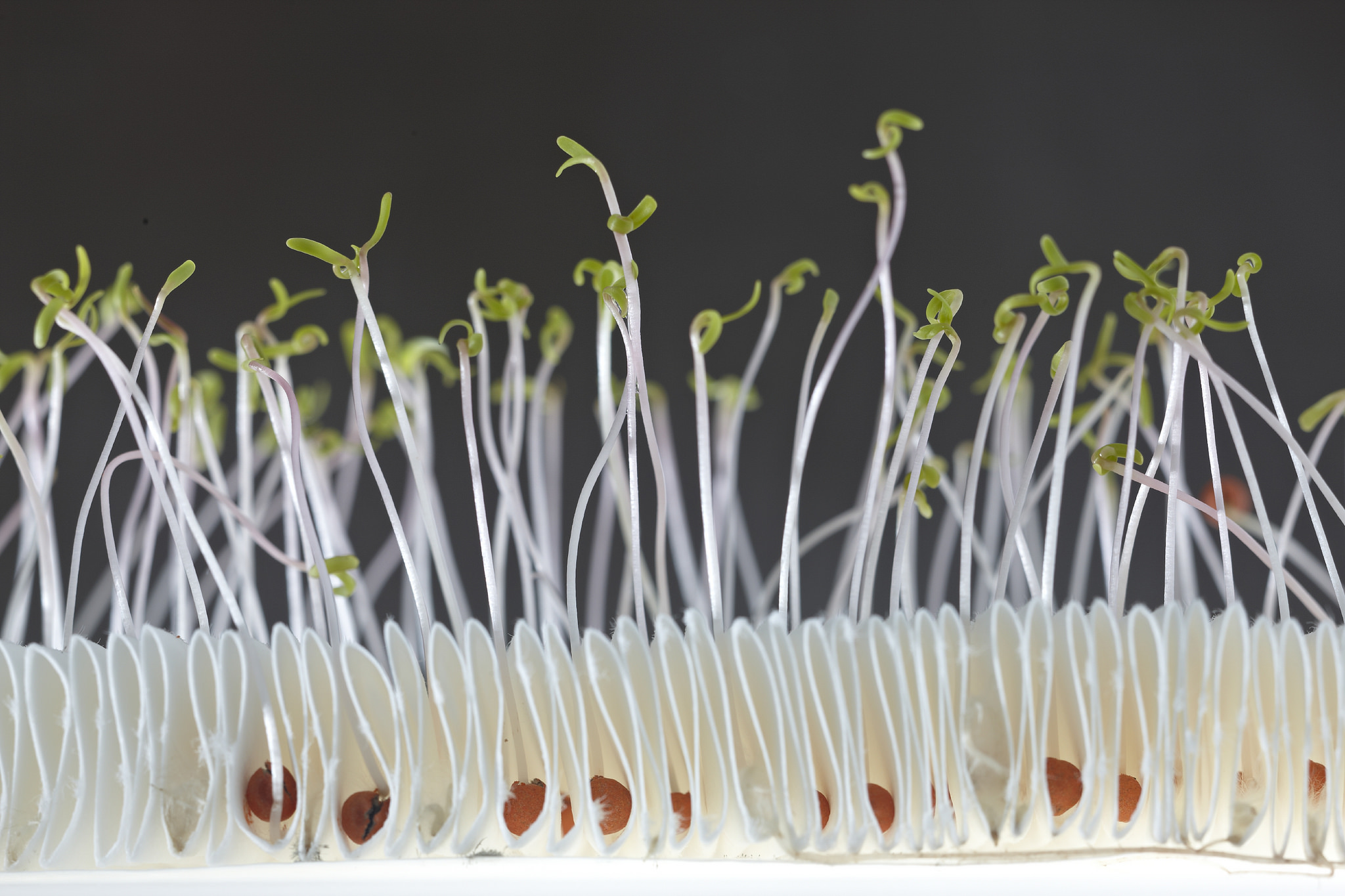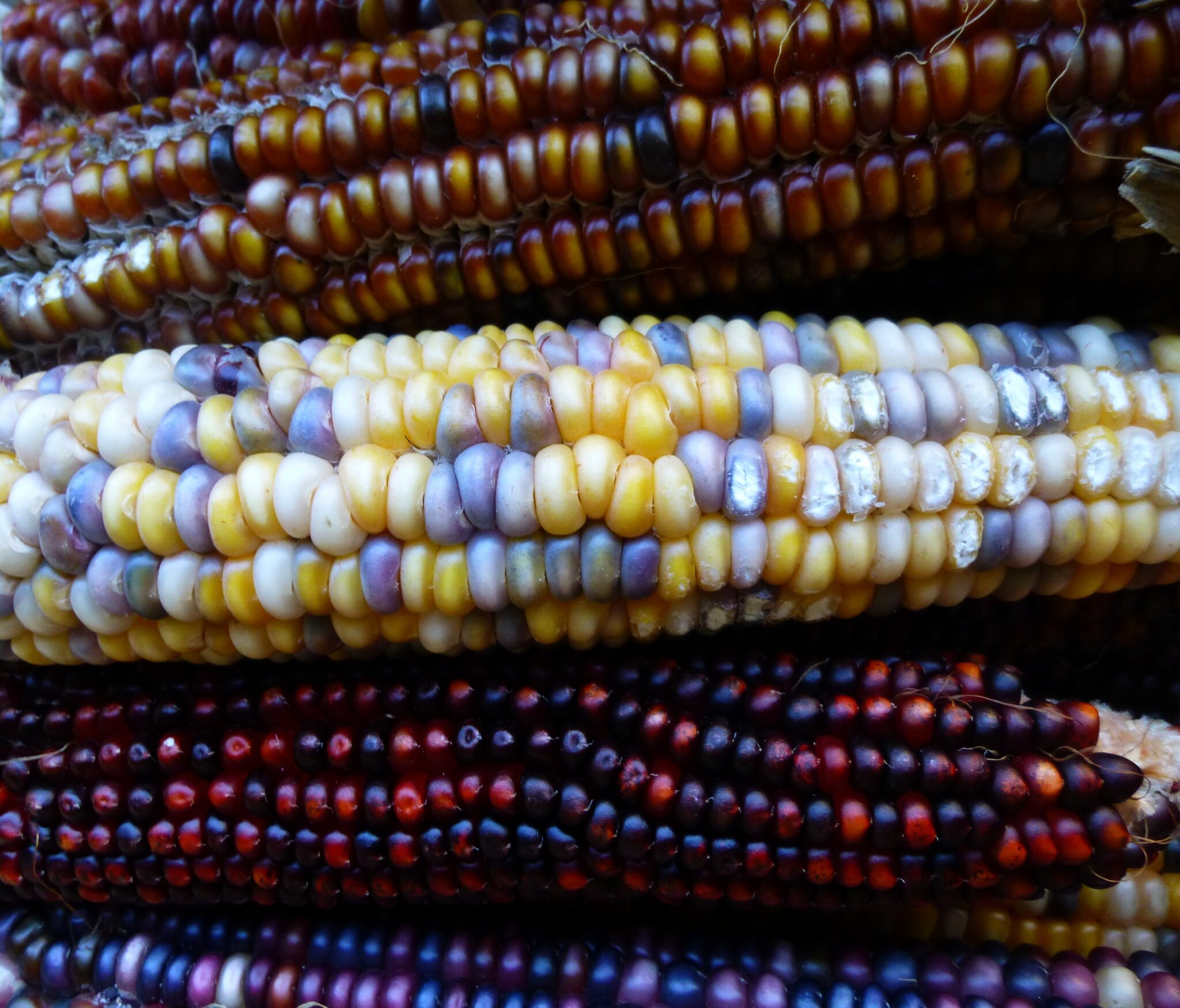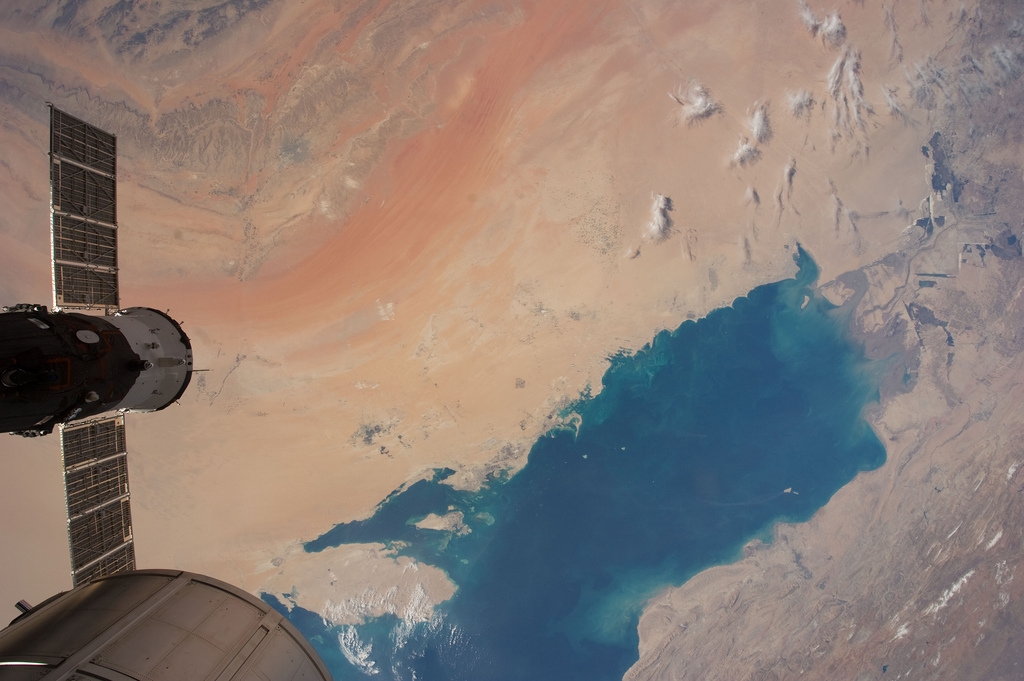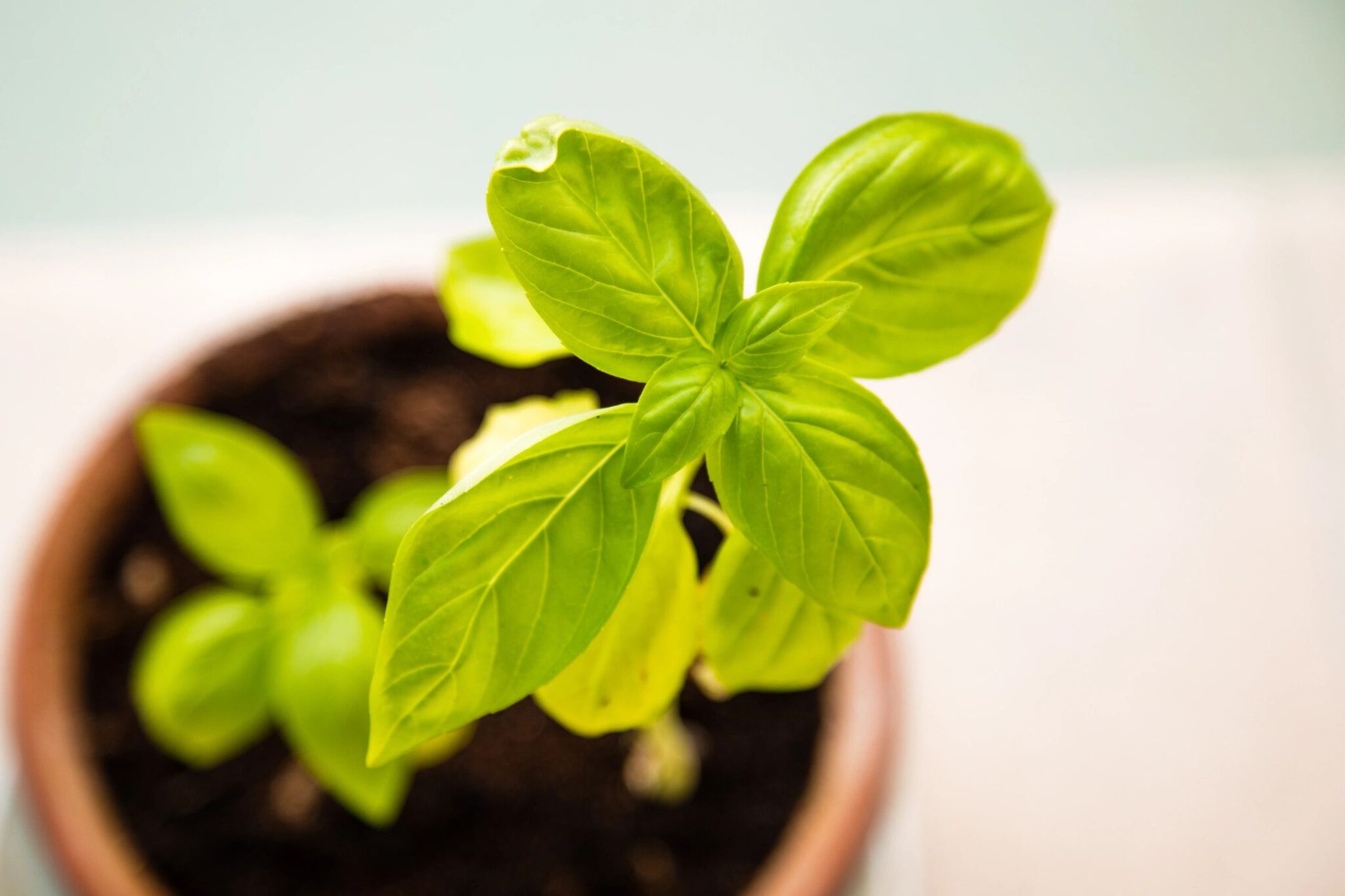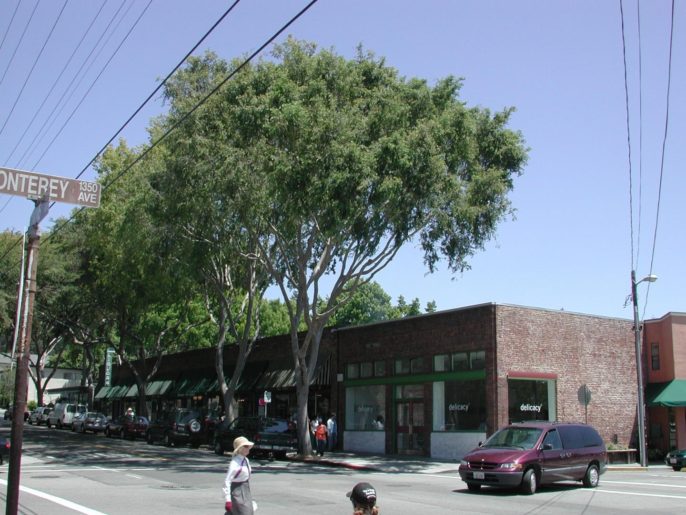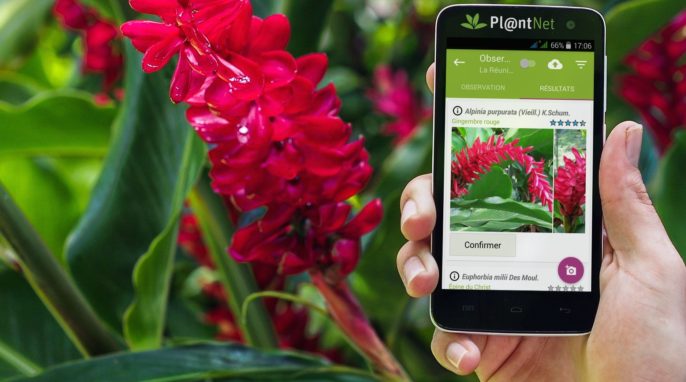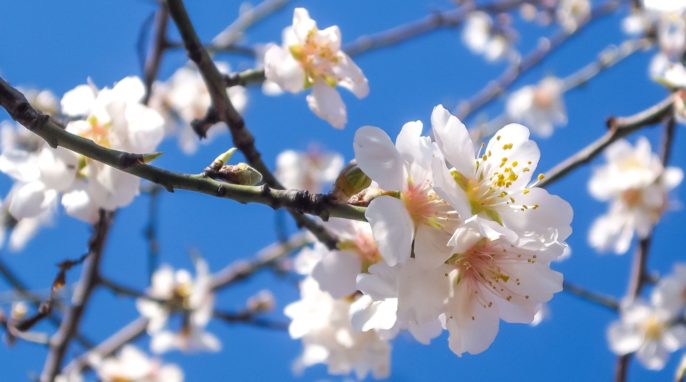Microbes Help Plants Survive Heavy Metal Stress
By Radhika Desikan When you hear the term heavy metal, what do you think of? Music or chemistry? Exposure to heavy metal music can cause stress in some humans. But what about chemical heavy metals? Are they good or bad for the environment and living organisms? In chemical terms, heavy metals are elements in earth’s crust that have a high density (weight), and they include zinc, copper, iron, silver, gold, arsenic, lead, and cobalt, to name a few. While trace amounts of heavy metals such as copper, iron, cobalt, and…
Read More
